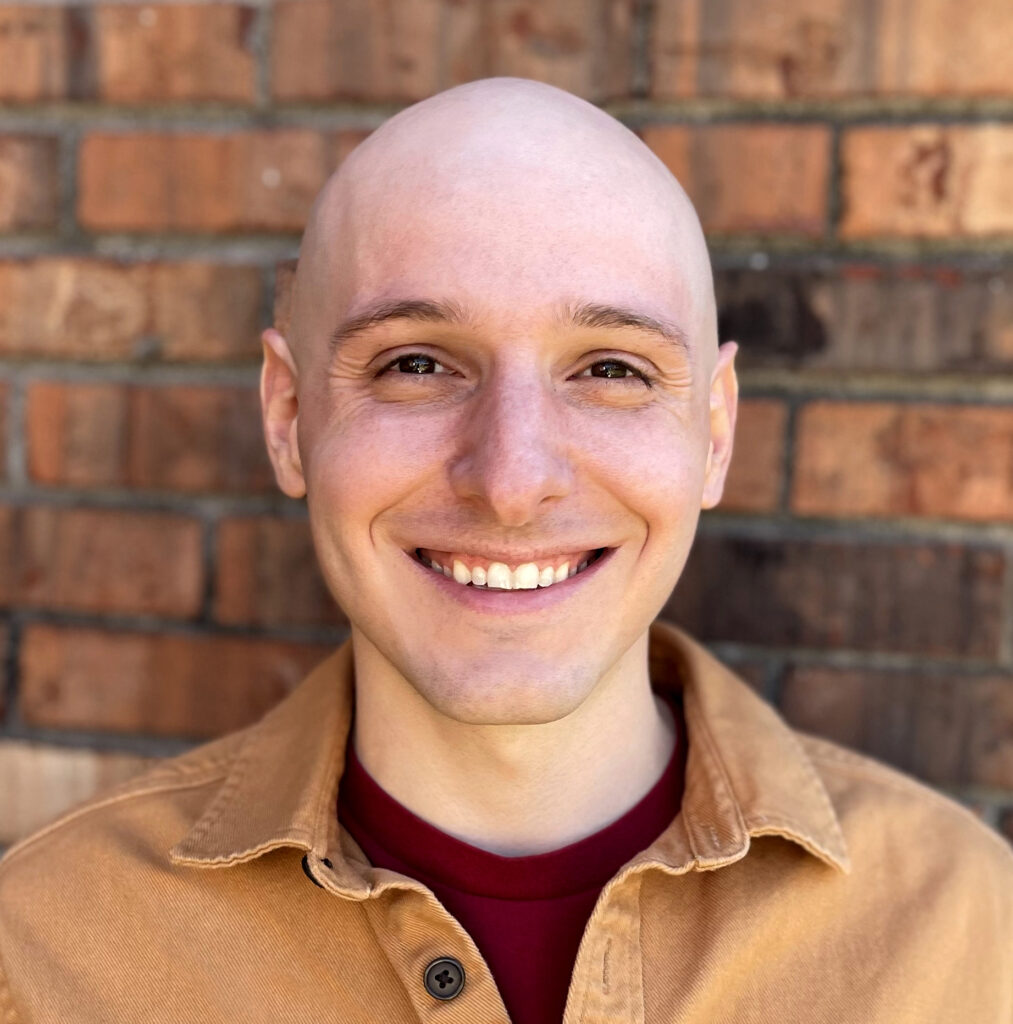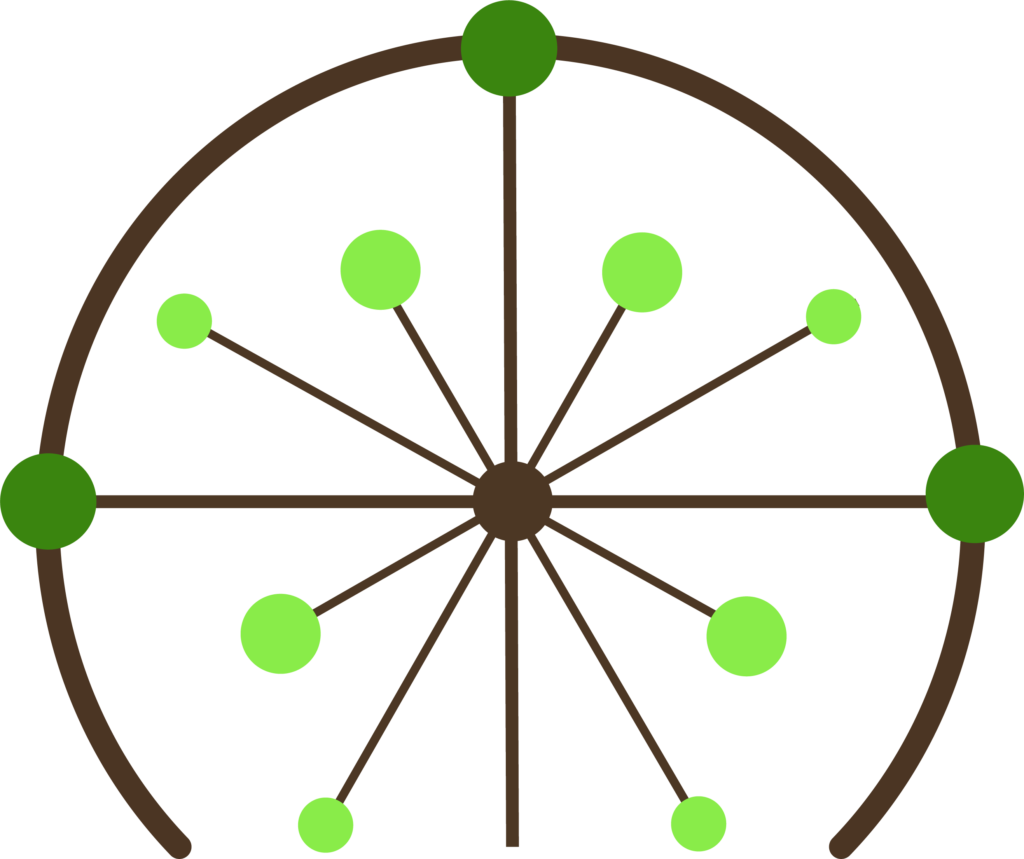

Avery Argenna
Rochester, NY, USA
Certified UM Trainer/Teacher
I spent the first half of my life feeling mostly overwhelmed and lost, with occasional spontaneous glimpses into profound relief and clarity. These brief tastes of freedom eventually saved me from succumbing to a life of silent despair.
In my early 20s, yearning for lasting relief, I began to “seek”, drifting from one job to another, then joining the Peace Corps and traveling around the world. Each new experience brought more struggle and questioning, but this became the fertile ground for a naturally emerging contemplative practice. And as time went on I found myself increasingly embracing mindfulness as a beacon of clarity amidst the confusion.
I have seen for myself how weaving mindfulness practice into a life of discontent and lostness can naturally and gradually reveal a clear path to peace, joy and fulfillment.
If you are new to mindfulness or feel like your practice has hit a wall, I’d love to guide you in exploring your sensory experience with creativity and playfulness. Together we can find ways that work for you to naturally develop your concentration, sensory clarity, and equanimity—the attentional skills that are essential for growth and flourishing.
My experience and dedication also extends to supporting people who encounter disorientation or overwhelm in practice due to major emotional challenges or perceptual shifts. I’ve personally used mindfulness to resolve panic disorder and depression, as well as positively integrate shifts in consciousness that were initially unsettling.
I’ve maintained a mindfulness practice in various forms for 15 years, and alongside my current practice with the Unified Mindfulness system, hold a particular interest in inquiry practice, relational practices, and embracing life itself as the ultimate teacher.
Email: [email protected]
Website: www.averyargenna.com
Julianna received her BA in psychology from Duke University. As founder, president, and head trainer of Unified Mindfulness, she is dedicated to disseminating Shinzen Young’s comprehensive mindfulness meditation system through the creation and presentation of educational programs and teacher-training certification programs.
Dr. Hunter serves as associate professor of practice and is the founding director of the Executive Mind Leadership Institute at the Peter F. Drucker Graduate School of Management, Claremont Graduate University. He also serves as visiting professor at the University of Virginia Darden School of Business, where he developed and co-teaches the Leading Mindfully executive education program..
Dr. Eisendrath serves as chief psychologist and president of the Institute for Dialogue Therapy, P.C., where, as a Jungian analyst, she offers psychotherapy with individuals and couples, psychoanalysis, supervision, and training.
Dr. Vago serves as the research director of the Osher Center for Integrative Medicine and the director of the Contemplative Neuroscience and Integrative Medicine (CNIM) Laboratory at Vanderbilt University Medical Center. He is an associate professor in the Department of Physical Medicine and Rehabilitation and the Department of Psychiatry.
Stella is a psychologist, professor, and Zen practitioner. She became a formal student in 2008 in the Soto Zen tradition. She teaches courses in mindfulness based psychotherapies and the psychology of compassion at the Union Institute & University. She also co-facilitates a family program and young adult program at Shao Shan Temple, in Woodbury Vermont.
Dr. Creswell serves as a tenured associate professor in the Department of Psychology at Carnegie Mellon University. He is also the director of the Health & Human Performance Laboratory at Carnegie Mellon University.
Dr. McCormick currently serves as director of education at Unified Mindfulness. In 1975, he received a B.A. in psychology from the University of California Santa Cruz, where he was part of Dr. Elliot Aronson’s research team that examined cooperative approaches to reducing interracial conflict and academic performance problems in newly integrated school, and made Honors in Psychology, College Honors, and Thesis Honors.
UnifiedMindfulness.com is the official teacher training platform for Shinzen and the Unified Mindfulness System.
Created over 50 years of research and testing by Shinzen Young, Unified Mindfulness is a system of meditation that’s easily researchable by science, with clear terminology and rigorous precision around concepts and procedures.
The Unified Mindfulness system is a comprehensive, robust and refined support structure that any individual at any stage of meditation practice can rely on to go deeper in their insight and their ability to share it with others. It is also a secular form of meditation, which means it’s not religious in any way so anyone, of any faith, can do it.
